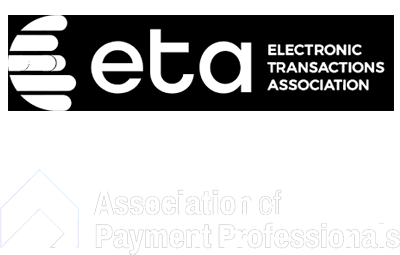05 Sep

The travel industry thrives on seamless experiences, both physically and digitally. One of the keystones of this digital journey is payment processing. Let’s delve into the intricacies of payment processing for travel companies.
What is a Travel Merchant Account?
A travel merchant account is a specific type of bank account that enables travel businesses to accept credit or debit card payments from customers. It’s designed to cater to the unique requirements and challenges of the travel sector.
Travel Industry Overview
The travel industry encompasses a broad spectrum of services, from hotels and airlines to tour operators and travel agencies. It’s a multi-billion dollar industry with customers making reservations and purchases globally. With such a vast reach, an efficient and reliable payment processing system is imperative.
Why Travel Can Be High-Risk:
- High Ticket Transactions: The cost of airline tickets, cruises, and vacation packages can be quite high, which means a higher risk for payment processors in the case of chargebacks.
- Purchases in Advance: Customers often book trips several months or even years in advance, leaving a longer window for potential cancellations or changes.
- Bankruptcies: If a travel business suddenly becomes insolvent, customers will seek refunds, leading to a surge in chargeback requests.
How to Get a Travel Merchant Account
To secure a travel merchant account, businesses need to partner with a bank or payment processor that understands the industry’s challenges and nuances. This involves an underwriting process where the provider evaluates the business’s risk factors.
Choosing The Best Payment Processing For The Travel Industry
- Paypal/Stripe/Square For Travel Merchant Accounts: While these are popular options, they might not always be tailored for the high-risk nature of the travel industry. They can freeze accounts with little notice if they perceive too much risk.
- Electronic Payment Processing for Travel Agents & Agencies: Electronic payment solutions offer efficient, secure, and speedy transactions. They can also integrate with various booking systems for added convenience.
Types of Travel Businesses
Travel businesses can vary from travel agencies, tour operators, airlines, cruise operators, to vacation rental managers and timeshare companies.
Benefits of Payment Processing for Vacation Rentals & Timeshares
A robust payment processing system can offer real-time confirmations, secure transactions, and provide insights into customer behavior. It can also help in managing recurring payments for timeshares.
Travel Merchant Account Fees
These fees vary but can include setup fees, monthly fees, transaction fees, and chargeback fees. It’s vital to compare providers to find the most competitive rates tailored for travel businesses.
Travel Industry Chargebacks & Merchant Account Chargebacks for Travel Businesses
Chargebacks, where a customer disputes a charge, are more common in the travel industry due to its high-risk nature. Businesses need to have preventive measures and a clear strategy to handle these efficiently.
Travel Credit Card Processing for Travel Agencies
This facilitates the acceptance of payments from global customers. It needs to be reliable, secure, and offer multi-currency options to cater to international clientele.
Getting A Travel Agency Merchant Account
Just like other travel businesses, agencies also need a specialized merchant account. This requires a thorough review of business operations, financial stability, and past transaction history by the provider.
Underwriting Concerns for Payment Processing Approvals
Underwriters will look into the business’s credit history, transaction volumes, chargeback ratios, business model, and overall financial health to gauge risk.
Documents Needed For Travel Merchant Account Approval
Typically, these can include business licenses, bank statements, processing history, and financial statements.
Which Travel Merchant Account Is Best For Me?
The answer depends on your specific business type, size, transaction volume, and geographical reach. It’s crucial to partner with a provider that understands the travel industry and can offer tailored solutions.
In conclusion, while the travel industry poses certain unique challenges in payment processing, the right merchant account can facilitate smooth, secure transactions, ensuring customer trust and business growth.






